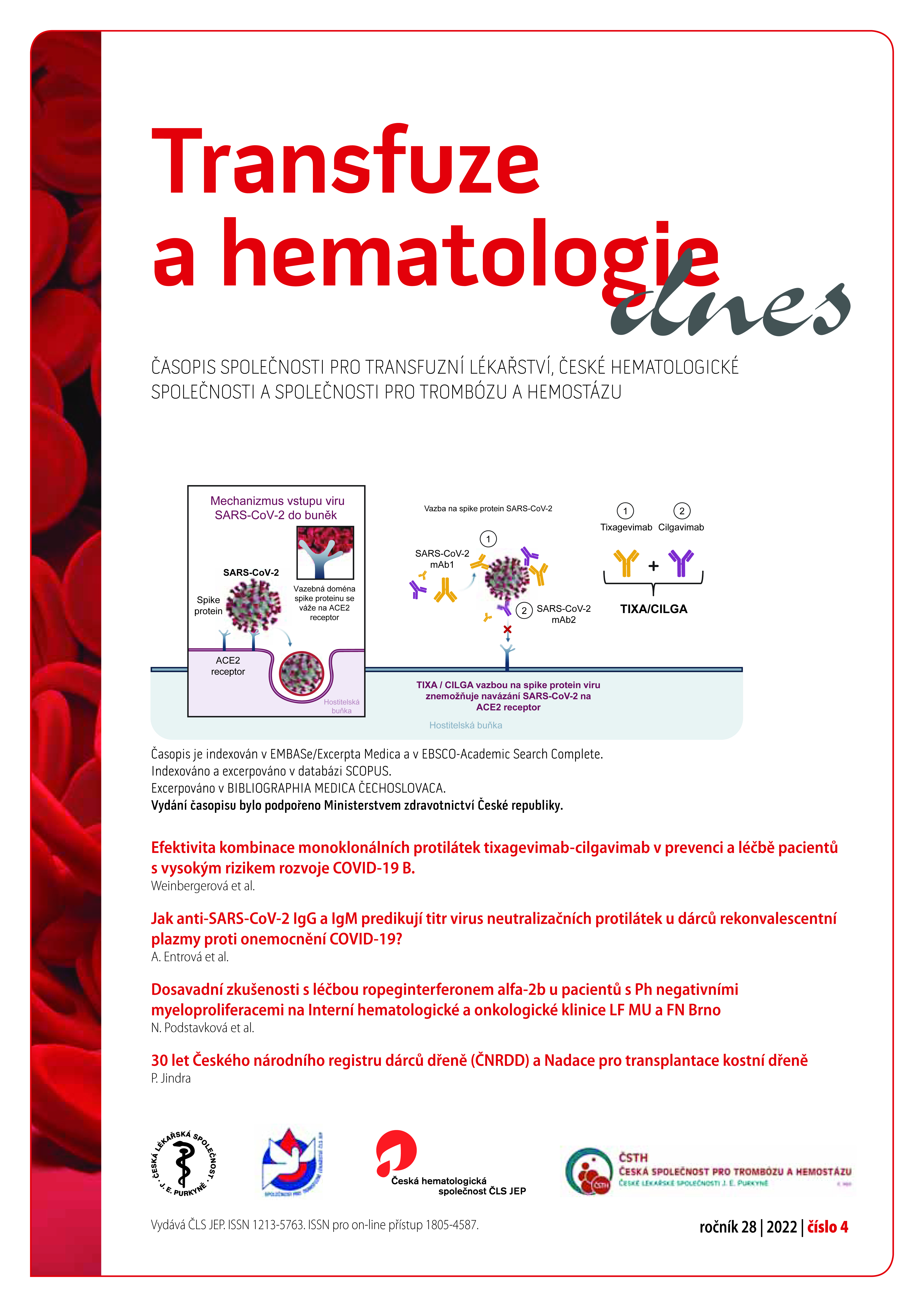Beta-thalassemia minor and maior in pregnancy
Keywords:
beta-thalassemia, genetic counselling, preimplantation genetic diagnosis, anemia in pregnancy, non-invasive prenatal testingAbstract
We present a case of a 35-year-old primigravid nulliparous woman, which is a carrier of recessive form of beta thalassemia. Prior to the first visit at our clinic, the diagnosis was not genetically confirmed, it was based only on the blood-count in the childhood. Her partner also had childhood anemia, and heterozygous form was suspected. They both underwent a genetic counselling, both were diagnosed with beta thalassemia minor by DNA sequencing. The first trimester fetal screening was negative, but the homozygous form of beta thalassemia was confirmed from a chorionic villus biopsy and subsequent genetic examination. Beta thalassemia maior is a serious congenital autosomal recessive disease with the highest incidence in subtropical geographical areas. Despite great progress in therapy, the morbidity and mortality of affected individuals remains high. Due to global social changes and migration, genetic rare diseases that did not occur in Central Europe may emerge. rare diseases are becoming more frequent in the Middle Europe. Healthcare should be well prepared and be able to cope with an effective primary and secondary prevention.


